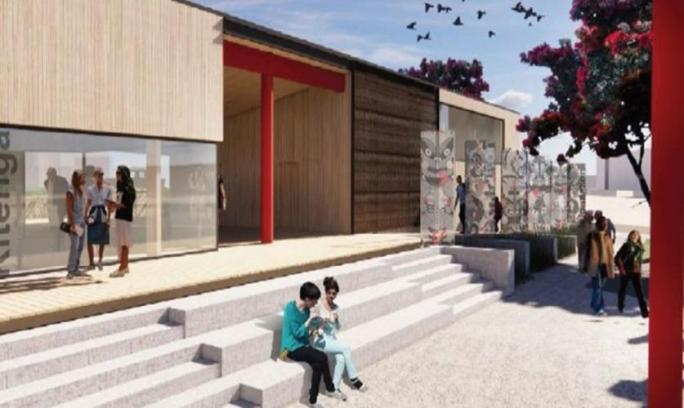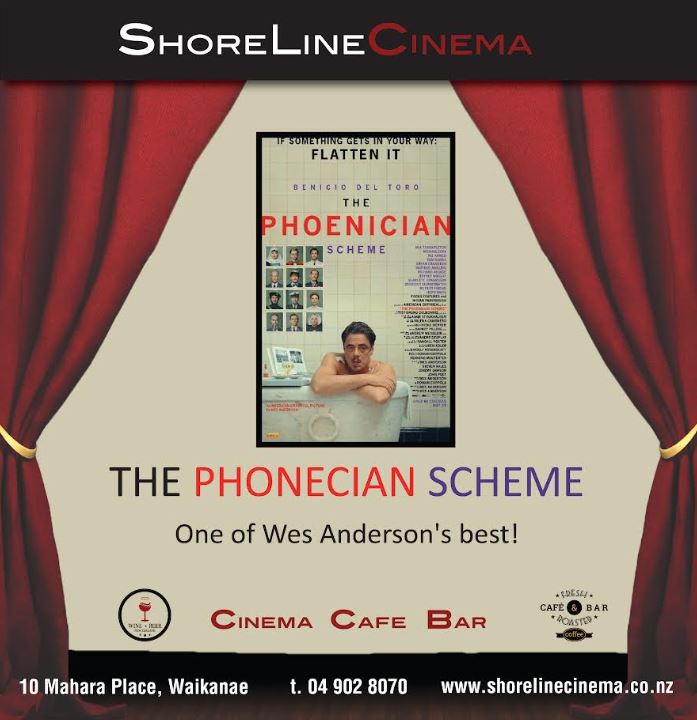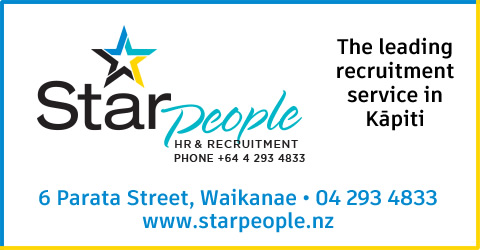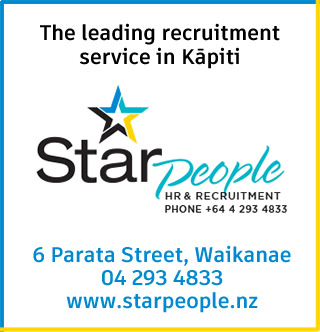
In the balance – The Kāpiti Island Gateway plan has divided views.
Most major issues facing Councils and communities attract extreme opinions. The Kāpiti Island Gateway project is one of the rare exceptions. The views of those opposed to the project have been reasonable and well considered. Those in favour of the Gateway have also made their case in a considered manner.
To be fair to all parties this has happened in and around a pandemic with all of the tensions and upheavals that went with it. These are all reasonable people, wanting the best for the community. The battle ground is about the data and the process.
In brief, Council have, on a split vote, made an application to the Provincial Growth Fund (PGF) for half the cost of a new $5.19million Kāpiti Island Gateway. Some Councillors argue for it and some against, this is also the case for the local Community Board. The stark division seems to have been driven by the controversial data used in a report to support the gateway and the consultation process.
The Council’s decision to apply for over $2million in funding may have been driven by the PGF’s criteria which include job creation and a boost to local tourism. Opponents of the scheme are quick to point out these benefits are highly unlikely.
The Council report suggests the Gateway will bring a 300% increase in visitor numbers and greatly increased tourism and economic growth for Kāpiti.
However Vicky and Glen Cooper operators of Kāpiti Eco Tours, one of two businesses most affected by the Gateway, say the assumption in the case that there will be a 300% increase in visitors is deeply flawed.
“They (Council) are basing this on operating 365 days a year which is nonsense. We do not trade in winter because there is simply no demand and a new building will not change the fact that people do not want to go in winter and a limited number want to go in the shoulder season.”
Another significant obstacle may be the absence of any real community drive to see the Gateway happen. Councillors are divided, the Paraparaumu/Raumati Community Board are split 3-3 and in fact it looks more like 4-2 against on recent views expressed. There have been two (unscientific but genuine) surveys showing a majority of business owners in the area don’t want it and are adamant the business case and the consultation have been poor. Adding to this is what appears to be the complete lack of community enthusiasm for the project.
What there has been, in favour of an application for funding from the PGF, was the desire for what many term as ‘free money’. Opponents say it isn’t free money, it is taxpayer money as opposed to ratepayer money. If the application is successful Ratepayers would get the opportunity to donate the other $2.5million.
Council divided
Cr Rob McCann, who along with seven other councillors, supported the funding application subject to a convincing business case being presented along with further consultation.
“In any major proposal like this it is essential to bring the community along with us and that hasn’t happened here. The consultation with the public and affected businesses and residents hasn’t matched my expectations and has left many people angry and feeling like they have not been heard.”
Cr McCann says he was also unimpressed by what many have called the business plan. “The reality is the numbers don’t stack up, and to support this kind of investment we need to be voting with all the information in front of us. If the Gateway drives tourism within the whole region, but is unlikely to be cost neutral, then we should vote on that proposition, not on numbers that seem overly optimistic. I, and other councillors, have some serious concerns and we’ve made an interim decision to apply to the PGF, not to green light the project. If the PGF approves this project, consultation and a sound business plan will be required. I’m not voting for something I can’t justify,” says Cr McCann.
Reflecting the concerns of many in the community, a number of councillors have challenged the proposed spending for the Gateway when there are current public buildings in a state of decay or decline cited were the Kāpiti Community Centre and the Waikanae Library.
Beyond those concerns are those of the Business Case presented in favour of the gateway.
Vicky Cooper asked “Why would the council build a $5million building for two commercial operators.”
Ms Cooper says throughout this process they were led to believe that it was not user pays and would not be staffed.
That situation changed late in the day and Ms Cooper says “We have been completely misled. In principal we are not opposed to some form of Kāpiti Gateway. What we are opposed to is a 160 sqm user pays, gold standard bio-security unit.”
Community Board divided
The last Paraparaumu-Raumati Community Board meeting attracted 75 people and many came to speak against the Gateway as proposed.
Darren Hunter from Paraparaumu Beach wanted to know why Council had gone ahead and spent $250,000 on a resource consent that wasn’t publicly notified and neighbours learned about this through the news. “And this was a week before Council even voted on the PGF application. There are five houses adjacent and nobody had the decency to talk to these people.”
Mr Hunter says people are objecting to the process which he says is so flawed it cannot be left unchallenged.
Not all were against the proposal. Former ward councillor Mark Benton said “This is a chance to get free money from the Government. If the PGF doesn’t fund it then put it aside.”
Christopher Ruthe told the meeting people were very concerned about the impact of rates from this project. “Many people like the idea of a Gateway but not on this ludicrous scale. “
Mr Ruthe was also concerned a letter of support for the project had gone from the Board chair. He said this needs to be replaced with a new letter which accurately reflects the community’s deep concerns.
Dale Evans also asked on what authority the chair wrote the letter in support of the Gateway when it was clear the community board was divided 3-3. Chair Kathy Spiers said he would get a written response. Mr Evans said on the basis of poor consultation and a terrible business case, along with significant public opposition, the application should not have been sent.













































